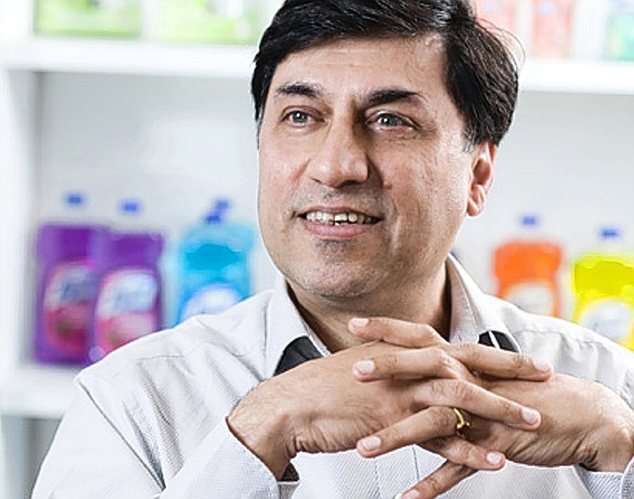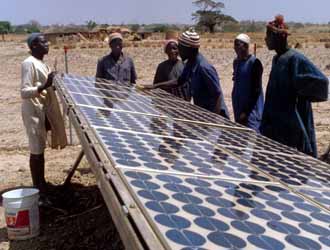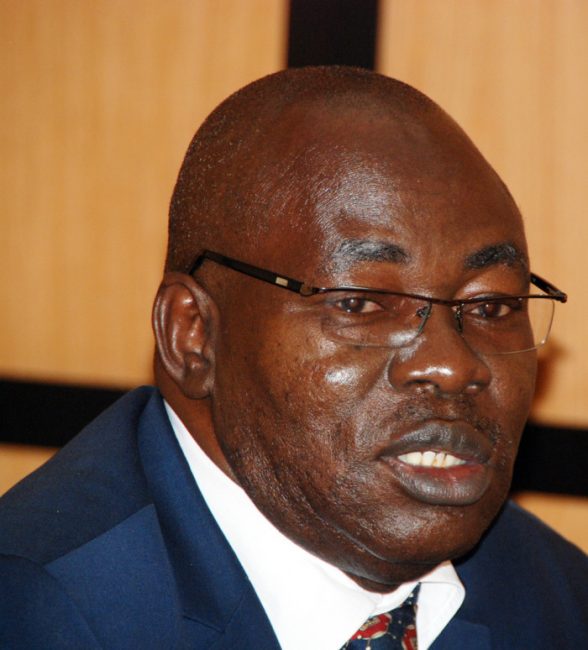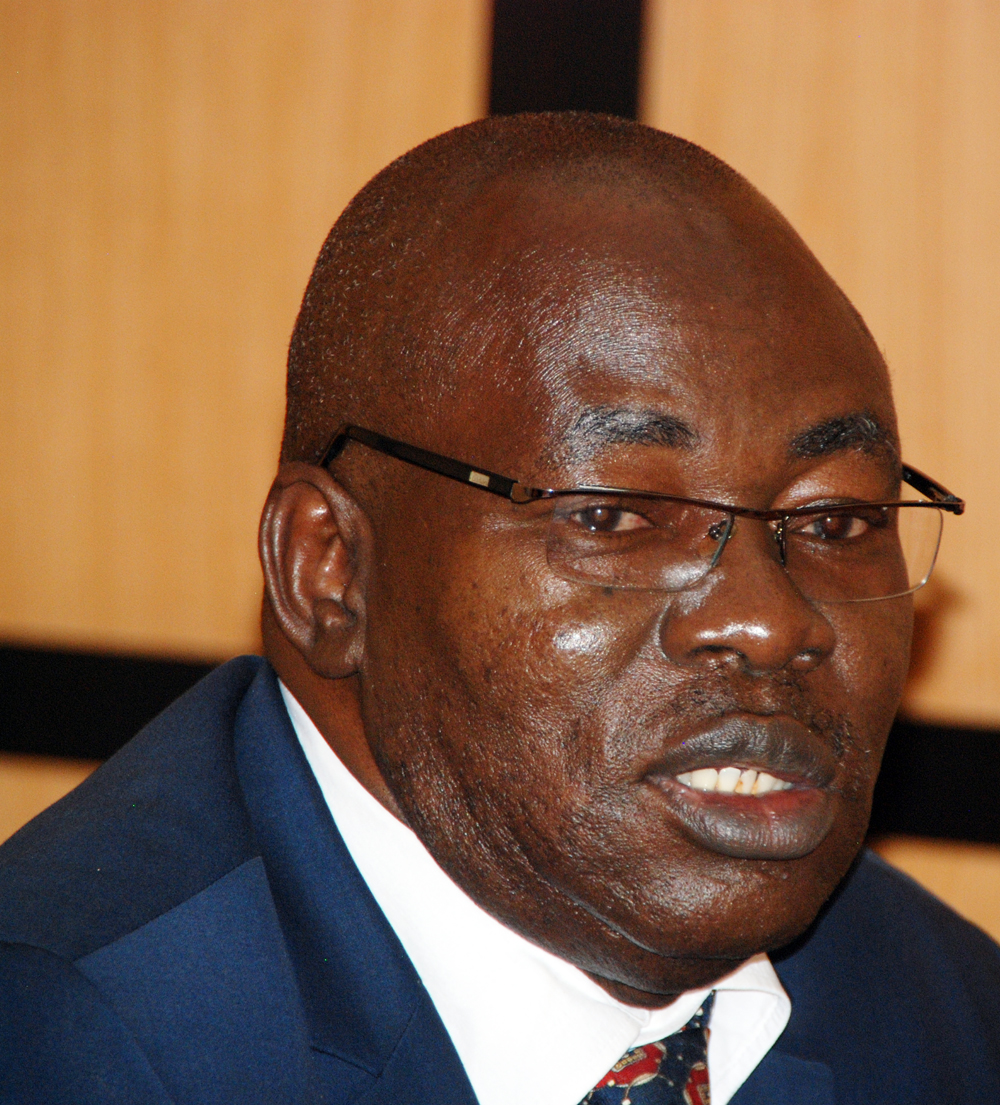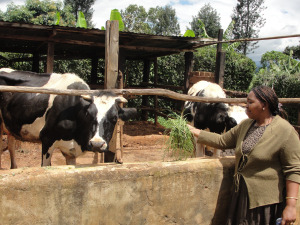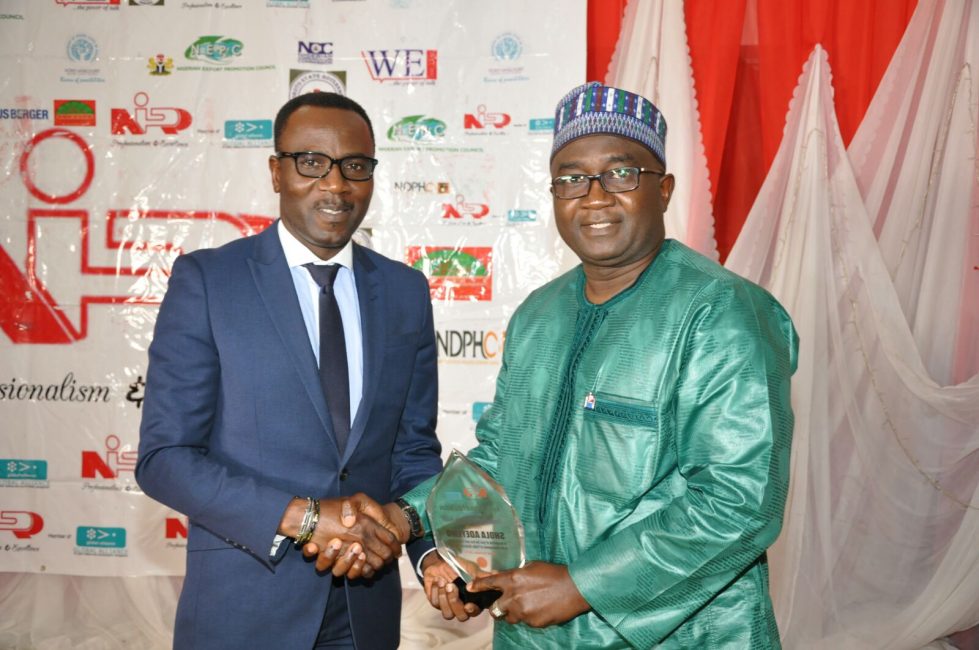First report on last year’s New York Declaration on Forests warns progress must accelerate to achieve goals laid out in historic commitment
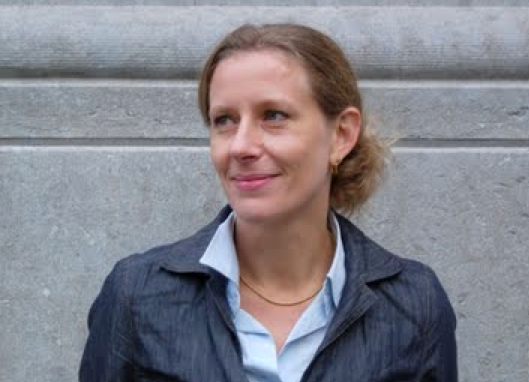
Unprecedented collaboration among corporate, government, indigenous and civil society leaders, often at odds about deforestation, gives hope that pledges to halt global forest loss can be met by 2030, according to a report released on Wednesday by Climate Focus and backed by a coalition of think tanks and NGOs. The New York Declaration on Forests, endorsed in September 2014 by more than 150 signatories worldwide now up to 180, commits to 10 goals translating into 4.5 to 8.8 billion tons of greenhouse gas emission reductions per year by 2030.
“By bringing together actors from all sectors and all geographies, the declaration has invigorated the world’s resolve to tackle deforestation worldwide,” said Charlotte Streck, co-founder and director of Climate Focus.
Progress on the New York Declaration on Forests – An Assessment Framework and Initial Report tracks headway towards meeting the declaration’s goals. By bringing together and analyzing forest data according to a set of indicators, the study provides a clear snapshot of what’s happening to protect forests in advance of the Paris climate talks.
Forest Loss, Forest Gain
One of the report’s starkest conclusions is that progress is sluggish towards the declaration’s first and most important goal: halving natural forest loss by 2020 and eliminating it by 2030. “Unfortunately, there are no signs that the annual rate of forest loss is slowing. But battling deforestation is a massive challenge that can’t be turned around overnight. It’s remarkable that a little more than a year after the declaration was signed, we are seeing elements come into place that could pave the way towards major reductions in deforestation,” said Streck.
The report, for example, finds a silver lining in progress towards Goal 5, which aims to restore 150 million hectares of degraded land by 2020, and an additional 200 million hectares by 2030. The primary activity under this goal, replanting trees, is a key tactic for offsetting forest loss. Since 2011, when signers of the Bonn Challenge pledged to restore 150 million hectares of forests, they have already pledged to restore 62.59 million hectares, approximately 42 percent of the 2020 restoration target.
“We need new restoration pledges to close the 90 million hectare gap,” Streck said. “Even then, it’s important to note that replanted trees can’t replace the value of natural forests to people and the planet.”
Since early 2015, 68 parties to the UN climate change convention have submitted mitigation pledges containing land sector targets. The total forest restoration, reforestation, and afforestation pledges are estimated at 121.7 million hectares – equal to 41 percent of the 300 million hectare 2030 restoration target.
Commercial agriculture companies engaged in palm oil, soy, paper and beef production play an outsize role in stemming natural forest loss. This is reflected in the declaration’s Goal 2, which aims to support companies’ pledges to remove deforestation from their supply chains by 2020. Since 2009, at least 300 corporations – from consumer companies like Unilever and Dunkin’ Donuts to supplier companies like Asia Pulp and Paper and APRIL – have made policy commitments to reduce or eliminate deforestation from their supply chains. About a third of these pledges have been made since 2014, and companies that signed the New York Declaration generally score better on their deforestation commitments.
“No single sector can defeat deforestation alone. But commercial agriculture is responsible for most deforestation and for the highest rates of carbon emissions. It is essential that these companies make good on their commitments to eliminate deforestation from their supply chains. The impact could be transformative,” Streck said.
Private Sector is Pivotal
Private sector commitments already seem to be paying off, as evidenced by the increased market share of sustainable forest products. Half of forests providing pulp for paper are certified, and certified sustainable palm oil has grown to 18 percent of the global market. There is room for improvement in the soy and beef sectors, however. Certified sustainable soy is only two percent of the global market, and there is no data on beef.
Agriculture isn’t the only private sector behind deforestation. Between 2000 and 2010, infrastructure – including the construction of roads, pipelines and hydroelectric dams – and human settlements were each responsible for 10 percent of all tropical forest loss, while mining accounted for seven percent of all tropical deforestation. During the same time period, timber extraction and logging accounted for approximately 52 percent of all tropical forest degradation, making them the main drivers of total forest degradation.
Despite the large role it plays, reducing deforestation derived from non-agricultural economic sectors, Goal 3 – is difficult to track due to a dearth of data. The report indicates that few, if any, comprehensive efforts have emerged to reduce the impact of these sectors on forests.
Poor and rural communities – albeit on a vastly smaller scale and in a less direct way – also contribute to deforestation in meeting their need for food and firewood. In Goal 4, the declaration calls for alternatives to deforestation driven by such basic needs in ways that alleviate poverty and promote sustainable and equitable development. An increase in the adoption of clean cookstoves, which reduce or replace the use of firewood, is accelerating rapidly, almost doubling year on year from 2008 to 2013.
Governments Must Step Up
While the private sector plays a significant role in causing deforestation, the public sector is also a crucial player in battling deforestation. Four of the declaration’s Goals (7, 8, 9 and 10) stress the role that national governments can play in ending forest loss within their borders. Among these, Goal 7 calls on governments to agree in 2015 to reduce emissions from deforestation and forest degradation as part of a post-2020 global climate agreement.
“If the national climate pledges, known as Intended Nationally Determined Contributions (INDCs), submitted to the United Nations to date are any indication, countries must take their role in tackling deforestation more seriously,” Streck said. According to the report, of the 122 countries that have submitted their INDCs, only 40 have included specific actions on land use and forests in their target, while 18 have excluded land use and forests from their target.
The onus is also on governments to clean up forest governance, the report argues. Goal 10 of the declaration calls for strengthening forest governance, transparency and the rule of law, while also empowering communities and recognizing the rights of Indigenous Peoples, especially those pertaining to their lands and resources.
The report finds that countries have “modestly” improved the management and monitoring of their forests in recent years, mostly due to financial support from donor countries. Nonetheless, illegality is still rife in the wood-based products market, which includes furniture and other products that end up in showrooms in Europe and the US.
And, according to the UK-based NGO Global Witness, forest communities continue to live under the threat of violence, with killings related to land disputes continuing unabated. The report found that at least 523 activists working on land and resource conflicts were murdered worldwide between 2010 and 2014.
In addition, the proportion of total forests over which Indigenous People and local communities have recognised rights has increased by over one third since 2002. However, a recent report shows that the rate of recognition has plateaued in recent years, according to Rights and Resources Initiative research.
“Countries are talking a good talk, but they urgently need to back it up with clear action,” Streck said. “The climate talks in Paris will give them the opportunity to do so. Progress on forests at the meeting will serve as a bellwether for the fate of the declaration – and forests.”
She added that even if the climate agreement meaningfully integrates forests, the report indicates that there is more to be done to end deforestation.
Encouraging Trends
Encouraging trends are paving the way for the declaration’s success. Highlights follow:
- A spike in the number of commitments made by and among forest players to reduce deforestation or restore forests. These include the Central African Forest Initiative, a pledge signed last month between six forested nations of Africa and European donor countries to preserve and restore the forests of the Congo Basin.
- The increased attention large institutional investors are paying to the impact of their investments on forests. The Norwegian Pension Fund, for example, is divesting in companies associated with unsustainable palm oil production, and has introduced new guidelines to exclude investment in companies whose activities entail unacceptable greenhouse gas emissions.
- The inclusion in the United Nations’ Sustainable Development Goals of a deforestation target is a major development that tackles Goal 6 of the declaration. The UN goal calls for halving deforestation by 2020.
- Finance for clean cookstoves has accelerated at a dramatic rate.
“We’re seeing an increase in action on forests because of the New York Declaration. Monitoring progress on its implementation can help that accelerate,” said Streck

